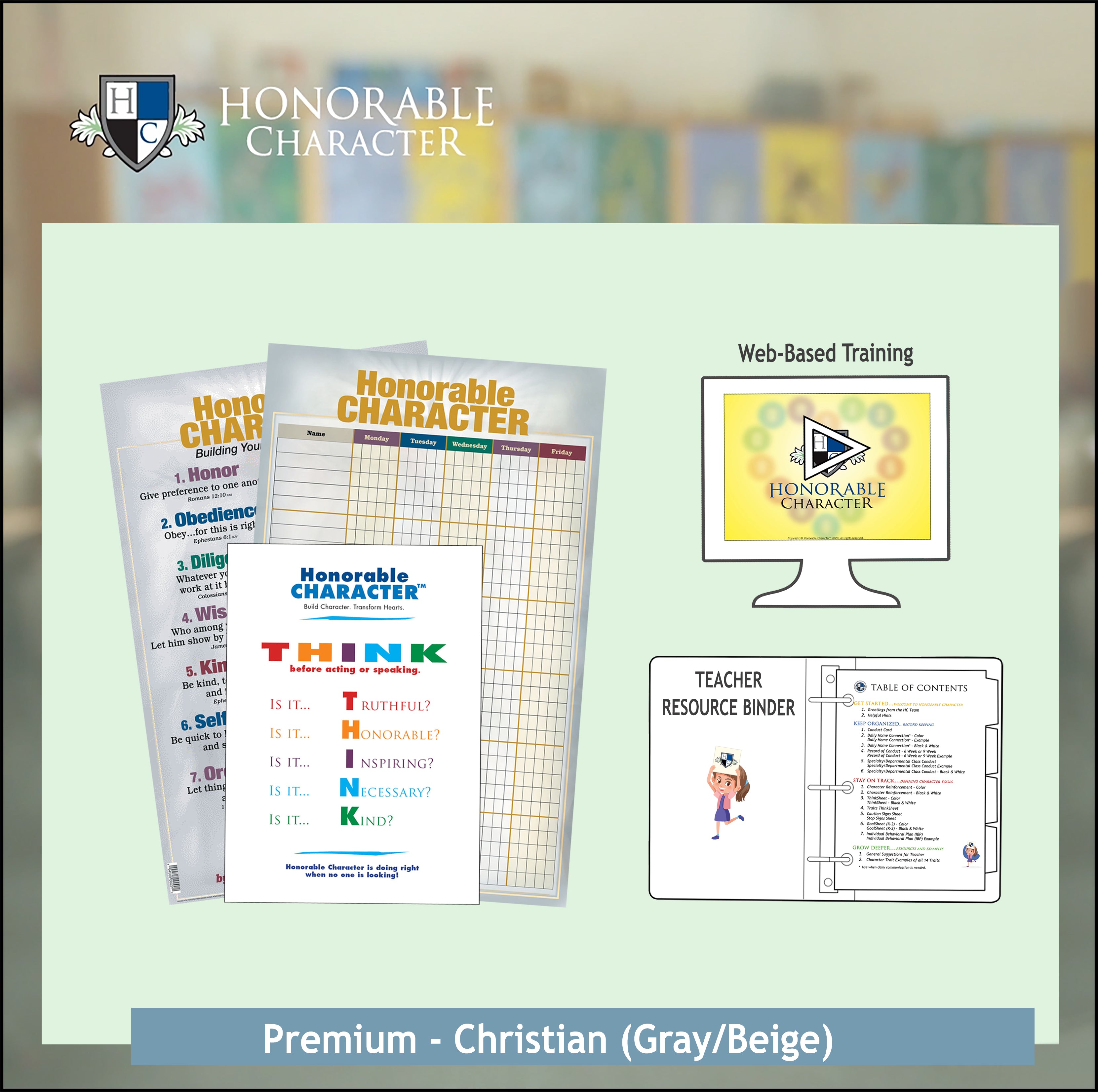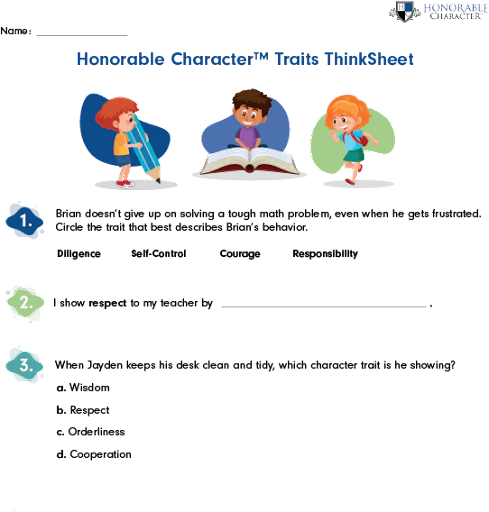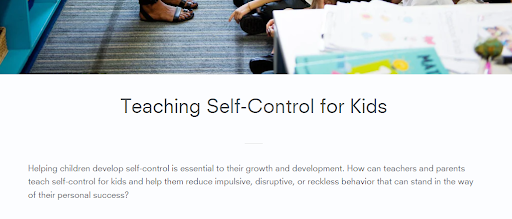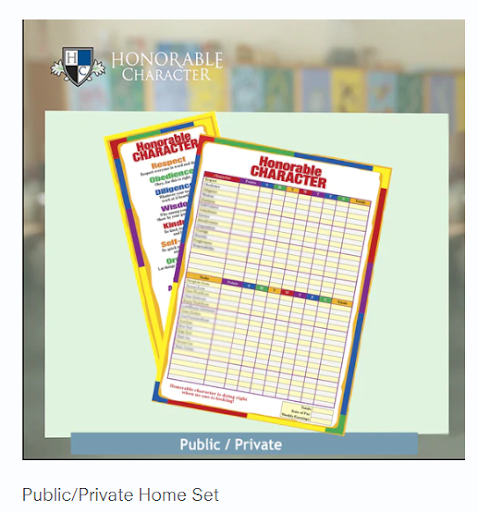Managing Disruptive Student Behavior
In the early stages of a child's educational journey, spanning from preschool to elementary school, they are embarking on a voyage of social and emotional discovery. As they navigate these uncharted waters, the integration of positive character traits becomes paramount. It's not uncommon for educators and parents to encounter disruptive student behavior, which can affect the harmony and productivity of the learning environment. Let's explore effective strategies for addressing disruptive behavior in the classroom together.
Identifying Disruptive Student Behavior
Disruptive behaviors include a range of actions such as constant talking, use of mobile devices, defiance, and aggression. Recognizing disruptive student conduct early can aid in maintaining a conducive learning environment, allowing all students to pay attention and participate.
Strategies for Managing Disruptive Behavior
Establish Clear Expectations
From day one, make your expectations clear about classroom behavior. Establish rules that promote respect, responsibility, and safety. Consistency in reinforcing these expectations can deter students from engaging in disruptive behaviors.
Positive Reinforcement
Intentionally reinforcing honorable student conduct with verbal recognition energizes intrinsic motivation and emphasizes the importance of maintaining a harmonious learning environment.
Interactive and Engaging Lessons
Curating lessons that are interactive and engaging can significantly reduce disruptive classroom behavior. When students find the material interesting, they are less likely to engage in disruptive actions.
Proactive Interventions
Anticipate potential disruptive behaviors and intervene proactively. Recognizing triggers and patterns can help in implementing strategies to mitigate disruptive student behavior before it escalates.
Effective Communication
Maintaining open lines of communication with students can aid in understanding the underlying causes of their behavior. Active listening, coupled with clear and concise responses, can help in resolving issues and restoring harmony in the learning environment.
Integrate Character Education
Infusing Honorable Character’s positive traits into the learning sphere fosters an environment conducive to both social and academic growth. This method is instrumental in curtailing disruptive student behavior, as it ingrains values such as respect, responsibility, and kindness. Embedding these principles is a proven method for heart-based character and academic growth.
This integration plays a pivotal role in developing empathy and resilience among students, thus facilitating a more harmonious and collaborative learning environment. Such an enriched atmosphere not only improves interpersonal relationships but also nurtures a mutually respectful and supportive educational setting, encouraging every student to become the best version of themselves.
Partner with Parents
Maintaining a strong connection with parents is pivotal in managing disruptive students. Regular, clear, and constructive communication about a child’s behavior and academic progress can foster a collaborative relationship between home and school. This partnership can create consistent behavioral expectations and consequences, leading to stable learning environments and strengthened teacher-student relationships.
Parents can provide unique insights into their child's needs and behavior triggers, aiding educators in crafting effective intervention strategies. Honorable Character’s Conduct Card is a weekly, ready made communication tool that expedites communication between home and school. It enables a united approach to addressing disruptive behaviors, reinforcing honorable conduct, and promoting a harmonious learning environment. By engaging in regular and meaningful dialogues with parents, educators can build a supportive educational framework, ensuring the development of balanced and adaptable individuals.
Key Takeaways

- Identifying and understanding disruptive behaviors will be pivotal in creating a conducive learning environment.
- Implementing strategies like clear expectations, engaging lessons, and positive recognition can mitigate disruptive student conduct.
- Integrating positive character traits into the learning environment supports the holistic development of students.
- A strong partnership with parents is crucial in fostering and maintaining positive student behavior.
Invest in Your Classroom Environment with Honorable Character
Managing disruptive student behavior is essential to maintaining a positive and productive learning environment. We have devised a behavioral system that intertwines 14 honorable character traits into the learning space, aiding in students’ interpersonal growth, self-awareness, and academic endurance. Visit our schoolwide packages to learn more about how Honorable Character can pave the way for a brighter, more harmonious future.






